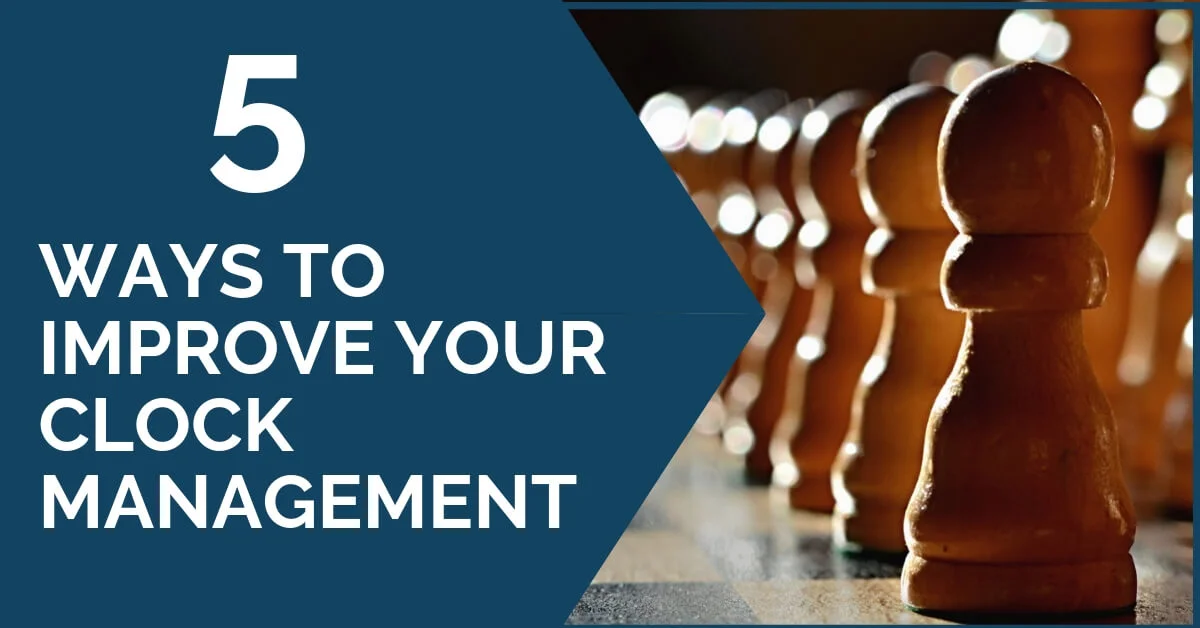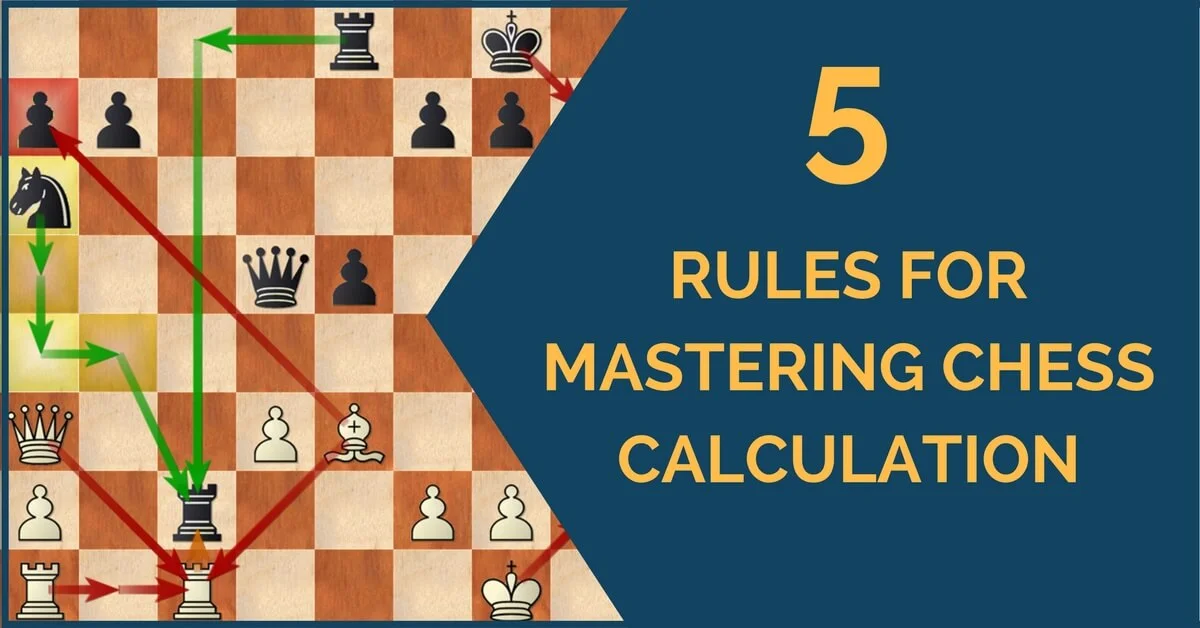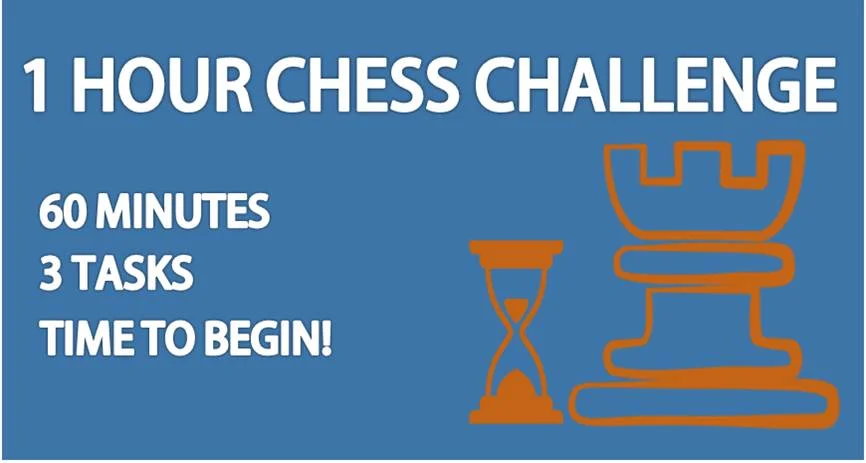5 Ways to Improve Your Clock Management

Clock Management: Time trouble is a common thing in chess practice. No matter how strong a player becomes, the difficulty of the game increases as time starts ticking low. For some players it is even a chronic defect; they always get in time trouble and then they become used to responding under time pressure.
That said, it is not the case for the majority of people. Usually, poor time management comes from poor decisions in earlier phases of the game.
In order to treat this specific problem, one must go to the root, analyze the causes why, and where your time goes.
There are several ways to work at home in order to improve your time consumption. We are going to name a few methods of practice that will definitely help you solve this affection.
1. Clock Management – During tournament games, annotate the time you use on a move
You can do this on every move, every 5 moves, or every 10 moves. The idea is to keep track of the moments in the game where you use most of your time. This would be the first step to do; recognize what kind of problem you need to overcome.
2. Play training games with a lower time control
Very often players who have bad experiences when time is short do not enjoy playing fast control games. Playing Blitz more often or simply setting the clock on 15 min each and playing a game with a friend might help you.
3. Clock Management – Work on openings
From experience with students and colleagues, we have seen that many of the players who are affected by time trouble by move 30 usually have spent of their time thinking what to play around moves 10-15. If you identify yourself here, there might be something wrong with your openings.
It could be that you don’t know them very well or that the opening you’ve chosen doesn’t suit your style and the decisions are not fluid and natural.
Try working on this.
4. Knowing when to think
There are times in the game when move A looks good, but move B also looks good, and also option C looks playable and there could be even a fourth option which we could consider slightly inferior but still leads to interesting play.
What we mean is that chess is complex; probably neither of these options will have an impact on the outcome of the game.
They are only the overture to a new scenario and the game goes on. If you try to seek the truth and have it all worked out here, you will probably spend half or more of your available time and then lose when you run out of time and blunder something.
Be practical.
5. Clock Management – Train practical decision-making
This is related to what is written above. It is easier to say it than do it. Therefore, it needs to be trained. Look for exercises of positional play and solve them. Try to set a timer. Learn to make better decisions by instinct without having the need of working out all the variations.
Following these methods will have a positive influence on the way you use your time in tournament games. We would also add training calculation, as it is another frequently seen problem. Players with difficulties calculating variations tend to spend too much time thinking, but mostly training points number 4 and 5 intensively will improve your play.
We hope this article serves you to address a problem that we know is common among less experienced players and many struggle to get rid of.
We also recommend reviewing 5 Ways to Beat a Chess Master as well as TheChessWorld Academy.
Thank you for reading and feel free to share your thoughts with us.










Comments: